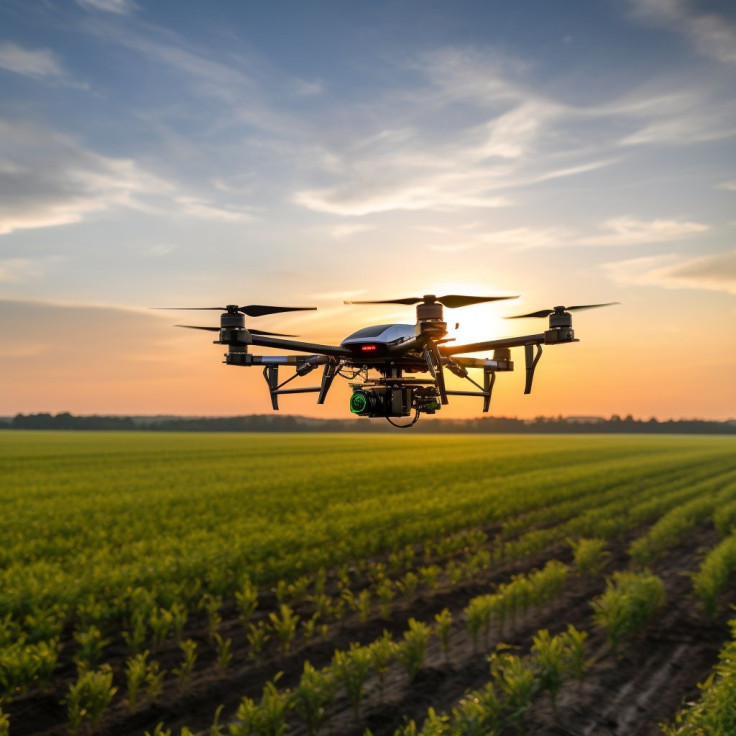Agroterrorism Alert: US Calls Out Researchers of Biothreat Smuggling
Alleged smuggling of a dangerous crop fungus raises urgent concerns about food security and global biosecurity measures

The US Department of Justice has accused two Chinese researchers of smuggling a hazardous biological agent into the country, reigniting concerns over agroterrorism and the potential consequences for global food security and biosecurity protocols.
How a Crop-Killing Fungus Was Illegally Imported
According to US authorities, Zunyong Liu unlawfully transported Fusarium graminearum, a crop-destroying fungus into the United States during a visit to the University of Michigan in 2023. Liu allegedly delivered the sample to fellow researcher Yunqing Jian, who worked at the university.
Both men are now facing federal charges, including conspiracy to smuggle biological material and violation of agricultural import restrictions.
Why Fusarium graminearum is a Major Threat to Global Agriculture
Often overlooked by the public, Fusarium graminearum causes a disease known as 'head blight'. This infection damages wheat and barley crops, reducing yields by up to 50%. The fungus also produces mycotoxins, which can be harmful to both humans and animals if ingested through contaminated food.
Officials warn that the organism could be weaponised in acts of agroterrorism to destabilise national economies or food supplies.
The UK's Food Chain Could Be at Risk
Although this case is centred in the United States, the implications are global. The United Kingdom imports nearly 45% of its food. An intentional or accidental outbreak could severely impact British agriculture and supply chains.
'It would only take one deliberate release to trigger widespread economic disruption,' said Dr Karen Mitchell, a plant pathology lecturer at a London-based agricultural college.
Why Research Institutions Must Tighten Biosecurity Measures
Jian's arrest has raised questions about academic responsibility and oversight. Although he claimed the material was for research purposes, the unauthorised nature of the import breaches strict US agricultural protocols.
Calls are growing for universities to review their handling of high-risk agents and implement stronger biosecurity procedures in laboratory environments.
Biothreat Smuggling Is On the Rise
Cross-border transfers of biological materials are becoming increasingly common, especially in global research collaborations. This trend has made detection and enforcement more challenging for authorities around the world.
Experts argue that greater international cooperation is essential to prevent future cases of biothreat smuggling, particularly where food systems and public health are at stake.
Strengthening Defence Against Agroterrorism
To combat these risks, specialists recommend:
- More stringent customs checks on biological samples
- Enhanced training for researchers on ethical handling
- Institutional review boards for pathogen-based research
- Closer tracking of cross-border transfers of agricultural agents
Looking Ahead: Protecting the Global Food Supply
The Liu and Jian case is a stark reminder that food security is an urgent global issue not just for nations like the United States, but also for the United Kingdom.
With nearly half of its food imported, the UK is especially vulnerable to disruptions caused by biological threats.
A deliberate or accidental release of a crop pathogen could lead to severe losses, soaring prices, and increased dependence on foreign markets.
As the investigation continues, British authorities must reassess whether current biosecurity measures are truly robust and whether agencies are properly equipped to respond.
In today's climate, agroterrorism is no longer a distant threat, it is a real and growing risk.
© Copyright IBTimes 2025. All rights reserved.





















